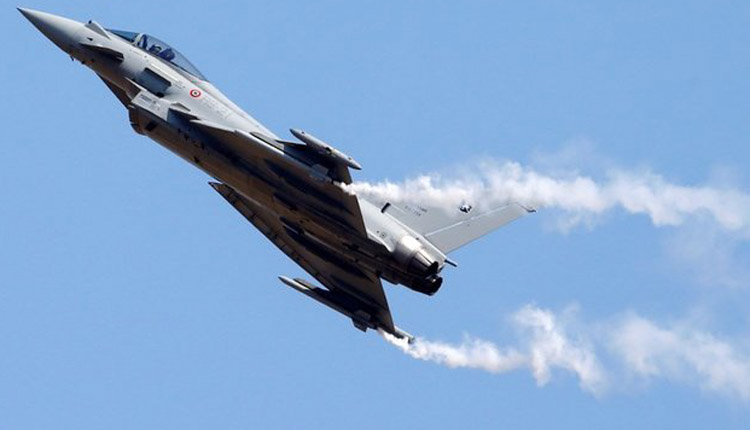The German government said it would decide before the end of March whether to extend its halt on weapons shipments to Saudi Arabia, making it likely the embargo will continue beyond the current deadline of March 9.
A source familiar with the situation said the freeze in arms shipments to Saudi Arabia would be extended for about two weeks. The delay was first reported by Der Spiegel magazine on Friday.
The coalition government leaders were aware of time pressure and were committed to resolving the issue – which has split the ruling coalition – this month, government spokesman Steffen Seibert said at news conference.
Already concerned about Saudi involvement in the war in Yemen, Germany’s coalition government agreed to ban future arms sales to Saudi Arabia after Saudi journalist Jamal Khashoggi was murdered in Riyadh’s diplomatic mission in Istanbul. It also temporarily halted deliveries of previously approved kit.
Der Spiegel said Chancellor Angela Merkel and Finance Minister Olaf Scholz, who is also vice chancellor, agreed to extend the freeze in arms deliveries, despite mounting pressure from industry and key allies to reverse course, or risk damage to its commercial credibility.
The freeze affects deliveries of weapons and spare parts from Britain and France because of the high level of German content in programs such as the Eurofighter Typhoon combat jet and the Meteor air-to-air missile.
It is also blocking Britain’s 10 billion-pound ($13.24 billion) sale of 48 Eurofighter Typhoon jets to Riyadh. That could affect the results of leading UK defense firm BAE Systems.
No immediate comment was available from the British or French embassies in Berlin.
Germany has not formally banned shipments of previously approved arms exports. But it has appealed to industry to refrain from such shipments for now. German media estimate the move affects goods valued at 1.5 billion euros.
The issue is dividing Germany’s already strained coalition. Conservative leader Annegret Kramp-Karrenbauer on Friday accused the Social Democrats (SPD) of jeopardizing Germany’s defense industry and jobs by refusing to ease the halt in arms deliveries to Saudi Arabia.
For its part, the left-leaning SPD, junior party in the coalition, is keen to avoid further losses among German voters, who are wary of arms shipments to authoritarian countries.
The two political blocs are also at odds over defense spending levels.
source: Reuters
